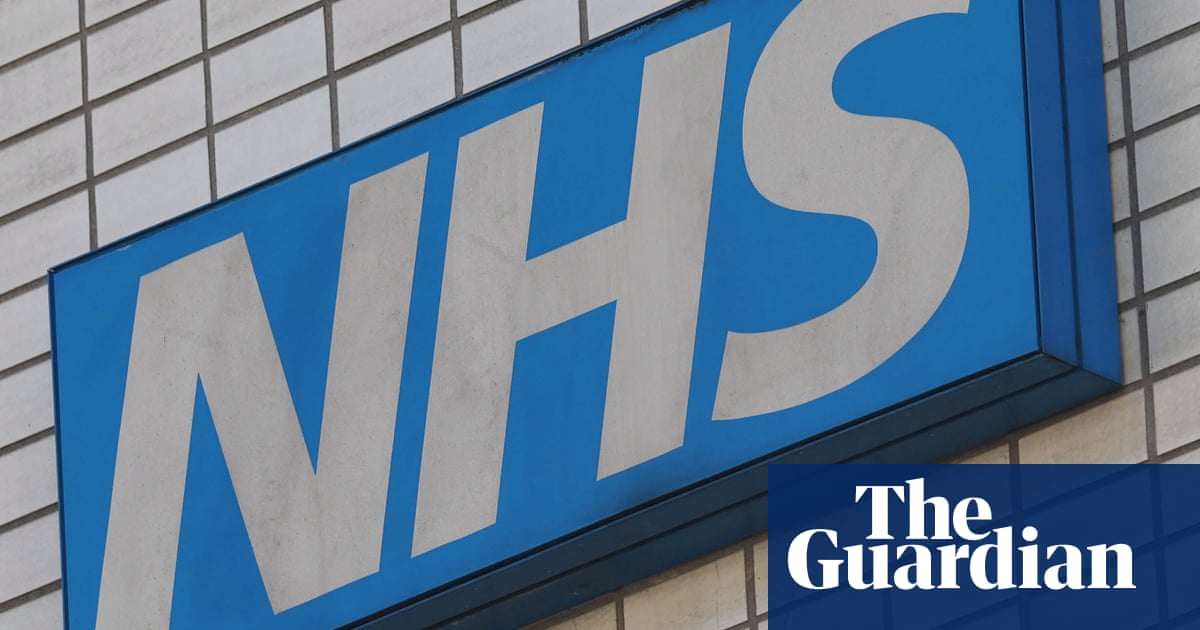In Lancaster the community nurse Lizzie Holmes knocks on doors to talk to people who are unwell but reluctant to acceptNHShelp. In Blackpool, “community connectors” help low-income families get their children into healthy habits early in life. Both do necessary, vital, proactive work known as health prevention – stopping illness occurring in the first place and spotting it early when it does. The idea is that this will create a virtuous circle of a healthier population and thus less need for NHS care.
But while the initiatives described in aGuardian investigationare imaginative and effective, they are also atypical of the way the NHS works. Over recent decades governments of different political colours have talked about turning the NHS from a service primarily focused on treating illness to one that does far more to prevent disease in the first place. A number of expert reports over those years have urged ministers to make exactly that transformational change. It has never happened.
However, on ThursdayKeir Starmer, the prime minister, andWes Streeting, the health secretary, will pledge to ensure that it finally does. It will be one of the “three big shifts” in the way the NHS operates, whichLabour has promised to implementsince taking power almost a year ago, that will be set out in its 10-year health plan. There is a widespread consensus that those shifts – from analogue to digital, treatment to prevention and hospital to community – are essential if the health service is to escape its longstanding crisis and be able to deal with the rising tide of illness caused by the ageing population and lifestyle-related diseases such as obesity.
The great paradox of health prevention is that although a mountain of evidence has long shown it works, very little of it actually occurs.A recent paperby the King’s Fund thinktank outlined four key benefits of doing it. First, it is effective; public health improves. For example, tobacco control policies have led to less lung and heart disease. Second, “preventing people getting sick, or preventing sickness getting worse, can reduce demand on services that are increasingly under pressure”.
Third, prevention can bring wider economic benefits, by making people better able to work – a priority for a government grappling with an unprecedented 2.8 million people being too sick to do so. And, lastly, that the approach makes the health system more cost-effective in the long term.
But, the thinktank added, health prevention is not just the NHS’s responsibility. Government as a whole has a key role to play. For example, it could insist on reformulation of food to make it healthier or regulating to ensure better quality housing. Local councils can help too, for instance by tackling air pollution through congestion charges and low emission zones.
The colossal overall annual costs of obesity (£98bn UK-wide), smoking (£43.7bn in England alone)and alcohol harm (£27.4bn in England alone) suggest that firm action by the UK government, such as the indoor smoking ban in 2007 and the sugar tax in 2018, could reap dividends. For example, being overweight is linked to 13 types of cancer anddrinking alcohol to seven. However, the 10-year plan is unlikely to contain any radical new moves on public health.
Instead it will give the NHS the heavy lifting to do. It will be told to move beyond the sickness service it has been since it was created almost 77 years ago and urgently reinvent itself as one that is prevention-focused, that measures success by patients kept out of hospital, not treated in them. That will require more screening, more vaccinations, more health checks, more self-care and more conversations with patients about leading healthier lives. It will also require initiatives like those in Lancashire to be adopted everywhere and for a revolution in the NHS’s thinking, culture and modus operandi. The service’s future, and the nation’s health, mean this time it has to happen.
